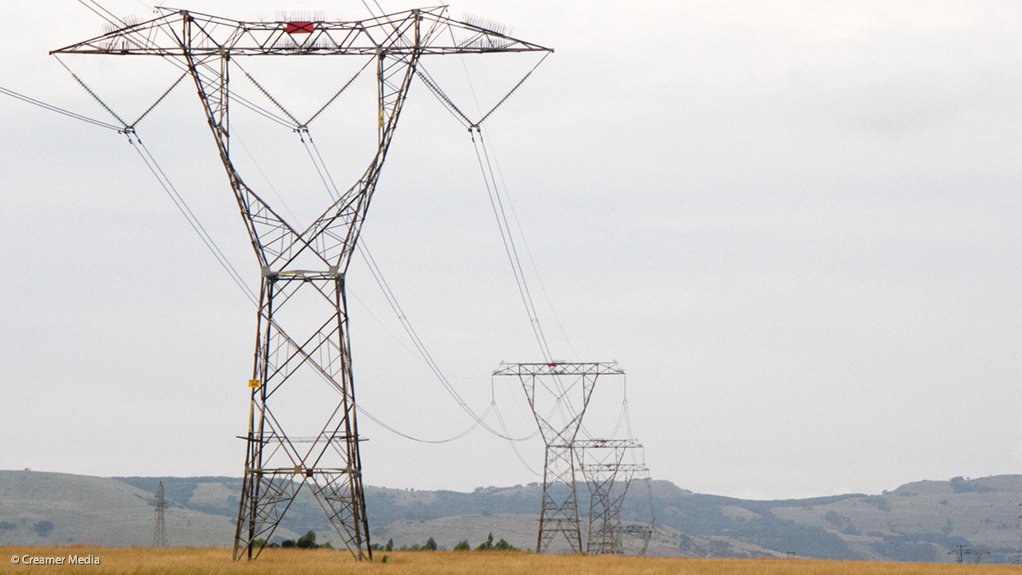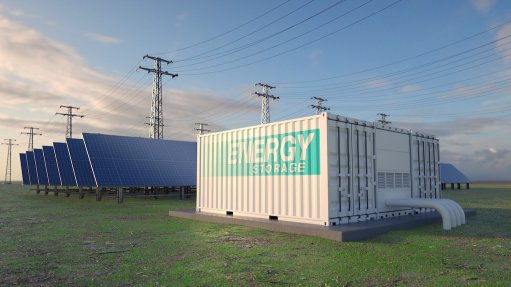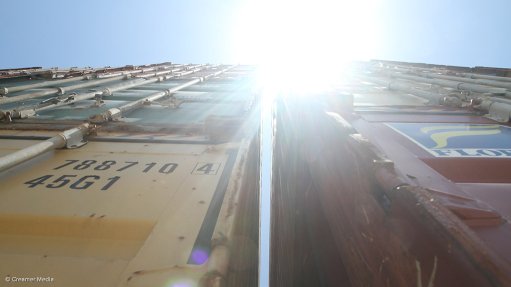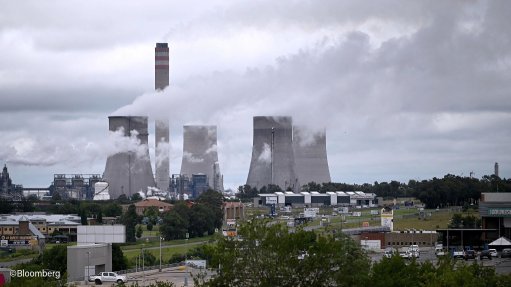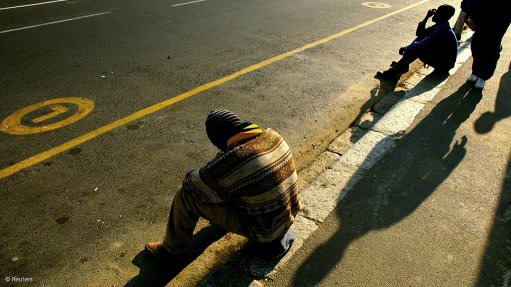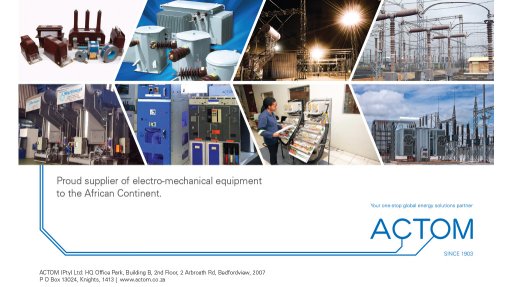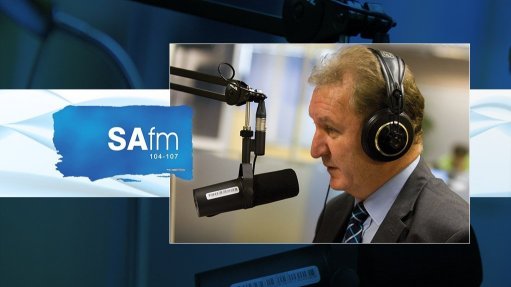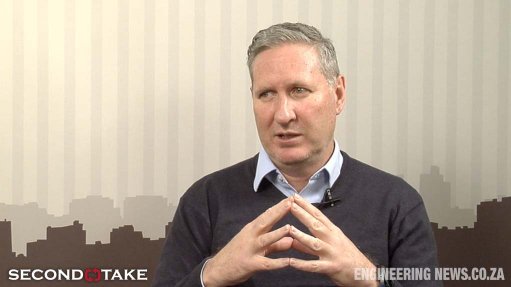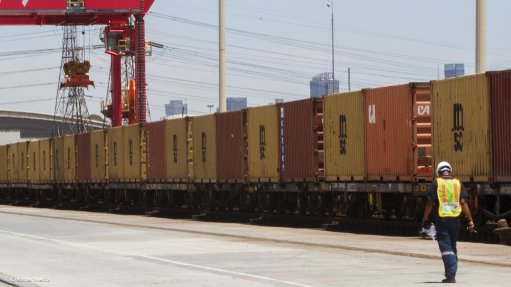State of disaster regulations open way for emergency procurement, environmental exemptions
More than two weeks after President Cyril Ramaphosa announced that the electricity crisis had been declared a National State of Disaster, the regulations giving effect to that declaration have been Gazetted.
In a statement issued on February 28, it was confirmed that the regulations were approved following a sitting of the President’s Coordinating Council, as well as a special sitting of Cabinet, which took place on the evening of Monday, February 27.
Minister in the Presidency Mondli Gungubele described the regulations, which are already in operation, as providing for the “extra-ordinary measures required to deal with our energy constraints”.
Signed by Cooperative Governance Minister Nkosazana Dlamini-Zuma initially above an incorrect date of '27.02.2022', the Gazetted regulations have been published despite there being legal processes under way to have the State of Disaster overturned on the basis of its being irrational and unlawful.
In fact, the Organisation Undoing Tax Abuse (OUTA), which is one of the parties opposing the State of Disaster, immediately indicated that it would continue with its efforts to have it reviewed.
"The regulations confirm OUTA’s concerns that the State of Disaster will be used to remove regulatory provisions and oversight to enable the fast-tracking of unaffordable generation contracts," the organisation said, expressing particular concern that it could open the way for a powership deal or even a new nuclear build.
As anticipated, the regulations enable Cabinet Ministers to issue directions to “remove impediments to the development or construction of new generation capacity”, to streamline decision-making processes by designating a single department or institution “to receive and coordinate the processing of applications” for energy projects, and to maintain security.
Also, as anticipated, the regulations create space for exempting specified essential services from loadshedding schedules “where technically feasible”.
The essential infrastructure outlined in the Gazette includes health and military health facilities, water infrastructure, including water treatment plants, rail and port infrastructure, food production and food storage facilities, and critical electronic communications and broadcast infrastructure.
“These exemptions will be undertaken in a manner that does not result in an increased risk of placing the national grid under pressure,” government said in a statement issued together with the regulations.
Directions can also be issued to exempt certain activities, including repairs to existing energy infrastructure, from the provisions of the National Environmental Management Act, and to streamline decision-making processes for environmental authorisations, including atmospheric emission licences.
This is likely to have significant implications for Eskom’s plan to introduce three temporary flue stacks at the Kusile power station, where units 1, 2 and 3 have been inoperable since October after a buildup of slurry in the Unit 1 flue led to the flue collapsing on to the other two flues inside the same chimney.
The failure has increased loadshedding by two stages and Eskom says a permanent repair could take up to two years, leading it to apply for a temporary exemption from minimum emission standards to enable the temporary flues, for which orders have been placed and which could be installed by year-end, to by-pass the flue-gas desulphurisation system.
The regulations also open the way for electricity sales from individuals, companies and municipalities, as well as for the issuance of guidelines for net-billing or feed-in tariffs to “facilitate small-scale embedded generation as well as wheeling of electricity”.
They also open the way for imports, the recruitment of skilled personnel and the access to servitudes to expand the transmission network, as well as the broadcast, at no cost to users, of public service announcements.
Water authorities could also be allowed to revise their minimum operational levels and be exempted from penalties should they exceed their notified maximum demand during loadshedding.
Any emergency procurement undertaken during the State of Disaster will be subject to the emergency provision under the Public Finance Management Act, the Municipal Finance Management Act and the Preferential Procurement Framework Act.
However, the Auditor-General will “conduct real-time audits” and any procurement undertaken using the emergency provisions “must be published and reported to Parliament within a month of the expenditure”.
Such reports must include details of the procurement activity “and the reasons or deviating from normal procedures”.
Government defended the State of Disaster and the regulations on the basis that they would empower departments to implement measures to protect the public interest by minimising disruptions and deal with the disruptive effects of loadshedding.
Opposition to the State of the Disaster is likely to remain, however, with public scepticism having been heighted by recent revelations by former Eskom CEO André de Ruyter about ongoing theft by organised crime syndicates at several coal-fired power stations.
De Ruyter estimates that there is currently theft amounting to about R1-billion a month, relating mostly to coal and heavy fuel oil.
Trade union Solidarity said the regulations reinforced its opposition to the use of a State of Disaster to deal with the energy crisis, arguing that the measures contained in the regulations could have been implemented under existing legislation.
CEO Dr Dirk Hermann also expressed anxiety over the power that the State of Disaster conferred on the Cooperative Governance Minister.
Comments
Press Office
Announcements
What's On
Subscribe to improve your user experience...
Option 1 (equivalent of R125 a month):
Receive a weekly copy of Creamer Media's Engineering News & Mining Weekly magazine
(print copy for those in South Africa and e-magazine for those outside of South Africa)
Receive daily email newsletters
Access to full search results
Access archive of magazine back copies
Access to Projects in Progress
Access to ONE Research Report of your choice in PDF format
Option 2 (equivalent of R375 a month):
All benefits from Option 1
PLUS
Access to Creamer Media's Research Channel Africa for ALL Research Reports, in PDF format, on various industrial and mining sectors
including Electricity; Water; Energy Transition; Hydrogen; Roads, Rail and Ports; Coal; Gold; Platinum; Battery Metals; etc.
Already a subscriber?
Forgotten your password?
Receive weekly copy of Creamer Media's Engineering News & Mining Weekly magazine (print copy for those in South Africa and e-magazine for those outside of South Africa)
➕
Recieve daily email newsletters
➕
Access to full search results
➕
Access archive of magazine back copies
➕
Access to Projects in Progress
➕
Access to ONE Research Report of your choice in PDF format
RESEARCH CHANNEL AFRICA
R4500 (equivalent of R375 a month)
SUBSCRIBEAll benefits from Option 1
➕
Access to Creamer Media's Research Channel Africa for ALL Research Reports on various industrial and mining sectors, in PDF format, including on:
Electricity
➕
Water
➕
Energy Transition
➕
Hydrogen
➕
Roads, Rail and Ports
➕
Coal
➕
Gold
➕
Platinum
➕
Battery Metals
➕
etc.
Receive all benefits from Option 1 or Option 2 delivered to numerous people at your company
➕
Multiple User names and Passwords for simultaneous log-ins
➕
Intranet integration access to all in your organisation



